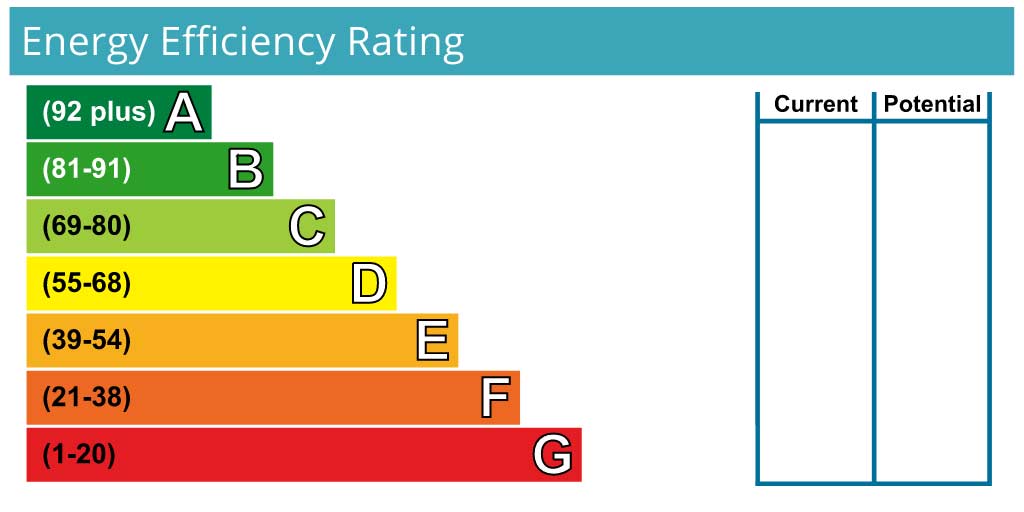This information should not be interpreted as financial, tax or legal advice. Mortgage and loan rates are subject to change.
 epc
epcIn Chancellor Rishi Sunak’s Spring Statement, he has announced plans to help the UK with the rising cost of living. Amongst these is the removal of VAT on energy saving materials.
Energy efficiency
The VAT on energy-saving materials, such as solar panels, heat pumps and roof insulation will be reduced from 5% to zero, over the next five years, in a move to help the UK become more energy efficient.
While some landlords were hoping for another stamp duty holiday, it was not on the cards this time.
Other moves that the Chancellor has made this time include:
- Extension of the National Insurance threshold to £12,570 from July 2022, saving the typical employee over £330 per year.
- The basic rate of income tax will be cut to 19% in 2024.
- SMEs employment allowance will increase from £4,000 to £5,000, to start on 6th April.
- 50% business rates relief will apply for eligible retail, hospitality, and leisure properties, due this April.
Whilst direct assistance to the housing market was not apparent, the benefits of VAT-free energy saving materials could be the news that landlords and developers have been waiting for.
With the EPC deadline looming, landlords and developers will be looking for ways to ensure their properties perform well enough to continue to be let.
Developer motivation
Chris Gardner, co-founder of Atelier, an SME lender, commented:
“With the cost of building materials surging once again, the chancellor’s surprise tax cut on energy-saving technology offers a welcome safety valve – both to the construction industry and to homeowners looking to save money on their energy bills.
“The scrapping of VAT on vital, but still comparatively expensive, tech like solar panels and heat source pumps is a logical and popular response to the spike in energy prices that kicks in next week. But it will also offer long-term benefits to homeowners, the environment and UK energy policy.
“Every home fitted with solar panels can be one less home drawing power from Britain’s energy grid, and every home heated by an air source pump means one less boiler burning imported gas. While thousands of homeowners and housebuilders would fit energy-saving technology if they could, cost remains a major hurdle. The ‘green premium’ – the difference in cost between using the most energy-efficient versus conventional materials – is slowly reducing as the new technology is produced in higher quantities.”
Developers looking to take advantage of this benefit may want to speak to our development finance team to secure funding for their next project.



